Apple's Shift to USB-C: A Game-Changer for iPhone Users
The EUs mandate for Apple to adopt USB-C, potentially featured in the iPhone 15 series, signifies a consumer-friendly move despite initial resistance, with broader benefits for device compatibility.
In the realm of mobile technology, recent developments have unfolded that are set to reshape the landscape of smartphone connectivity and charging. While Google's efforts to persuade Apple to adopt RCS messaging may have hit a roadblock, the European Union has successfully compelled Apple, along with other tech giants, to embrace yet another universal standard – USB-C – by the close of 2024. This legislative maneuver is poised to bring about a significant shift, with the forthcoming iPhone 15 series, anticipated to be unveiled at Apple's September 12 event, potentially featuring a USB-C port, aligning it with even the most budget-friendly Android phones that long ago abandoned the outdated microUSB.
The EU's decision marks a resounding victory for consumers and those who have grown weary of juggling multiple charging cables for their various devices. However, there's a lingering sense that Apple may attempt to present this transition as a concept of its own, despite having vehemently opposed the move prior to the legislation's passage.
Cast your memory back to 2012, when the iPhone 5 boldly introduced the Lightning connector, leaving the 30-pin connector in its dust. Over a decade later, Apple stands on the precipice of swapping one of its last remaining gadgets using the Lightning port for USB-C, though not entirely by its own volition. Given the limited options handed to Apple by the EU ruling – either adopt USB-C, create region-specific iPhones, or venture into the realm of portless devices – all signs suggest that Apple is poised to embrace the shift rather than resist it.
Mark Gurman, in his Power On newsletter for Bloomberg, has delved into the implications of this change. He points out that Apple stands to lose licensing revenue from accessory makers affiliated with the Made for iPhone (MFi) program, and it could become more susceptible to users opting for Android devices. Despite these challenges, Apple is likely to frame the transition as a benevolent stroke of genius, placing consumers at the heart of its efforts.
Consider this: you will finally be able to travel with just one cable and a single charging brick that caters to your MacBook, iPad, iPhone, and, thanks to a new charging case, your AirPods. iPhone 15 Pro users will also reap the rewards of enhanced wired data transfer and charging speeds, although Gurman speculates that Apple might limit performance when non-MFi cables and adapters are in use. While Apple is embracing a universal standard, it doesn't mean it won't retain some of its classic idiosyncrasies.
To ensure that this transition doesn't evolve into a public relations debacle, akin to the removal of the headphone jack, Apple may opt not to acknowledge the EU's role, at least on the grand stage. The legislators contended that the widespread adoption of USB-C across all phones would reduce e-waste generation, as devices could share a uniform standard for cables and charging bricks. In contrast, Apple's stance was that transitioning to USB-C would render the current generation of Lightning accessories obsolete. Last year, Apple's marketing chief, Greg Joswiak, expressed disdain at governments meddling in product design decisions.
While the shift carries several advantages for consumers, there's certainly a substantial cohort of iOS enthusiasts who will be disheartened by the sudden obsolescence of certain accessories, such as the older USB-A charging bricks that used to accompany earlier iPhones. It's reasonable to assume that Apple, as a brand, would have persisted with Lightning had the EU not intervened, at least until the persistent rumors of a portless device materialize.
In the near future, we will likely witness a divide among Apple aficionados and new buyers as the USB-C iPhones grace store shelves. At the very least, you and your friends and family who own iPhones will soon be able to share a single charging cable. Now, we eagerly await the day when RCS messaging finds its way to iOS, bringing true harmony between the two major platforms.
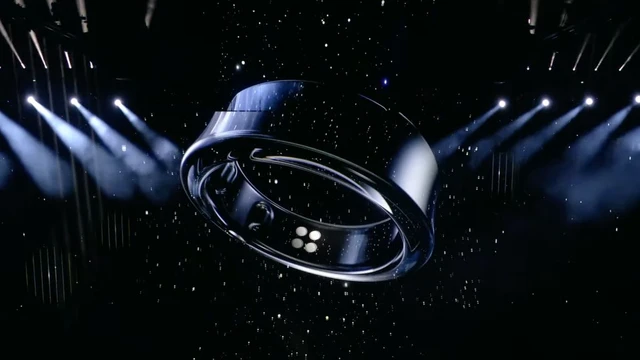

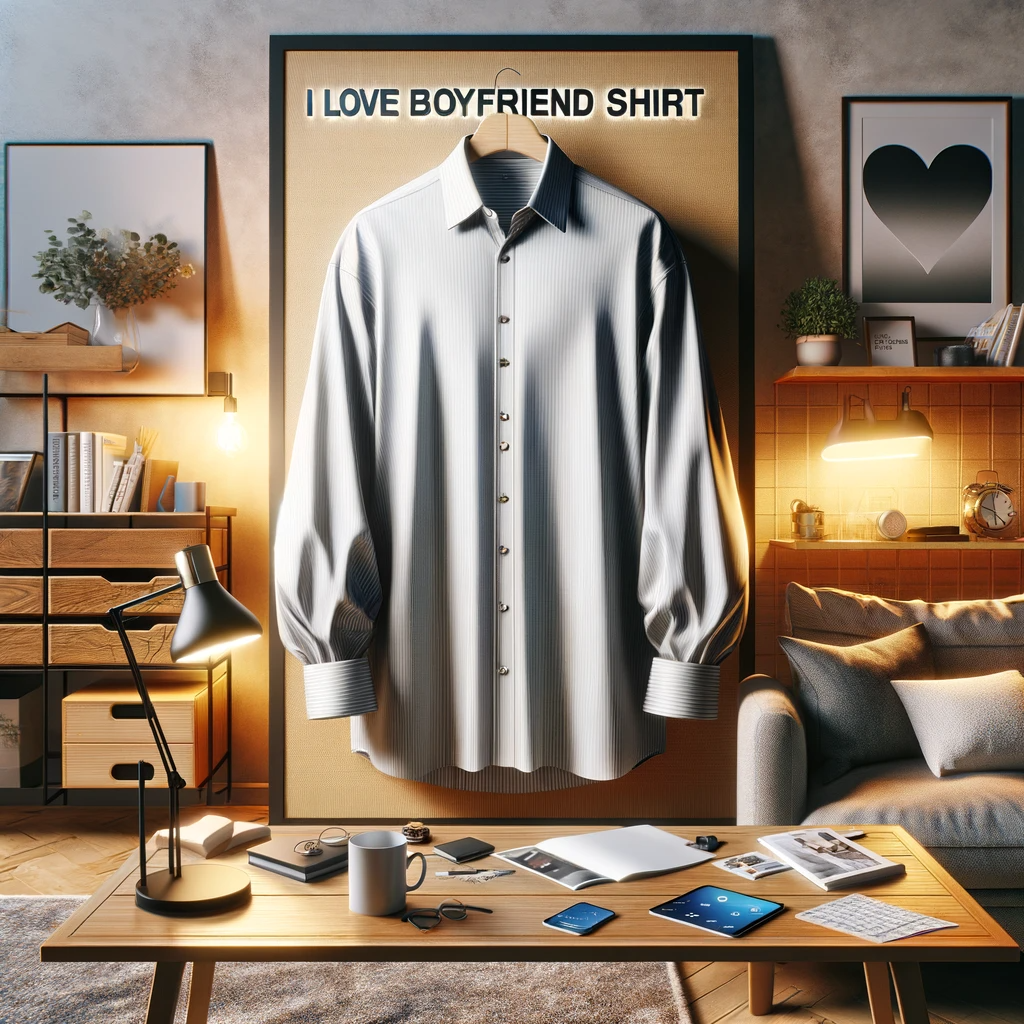
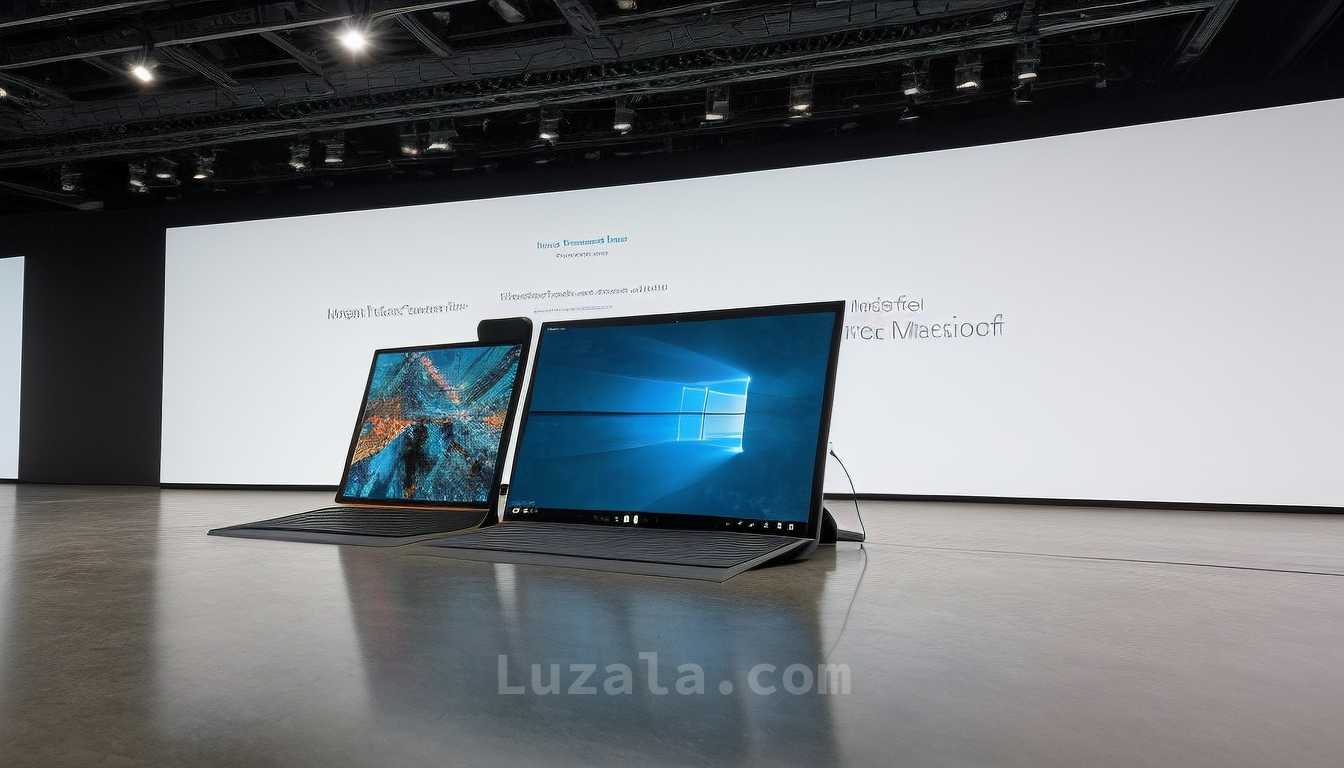
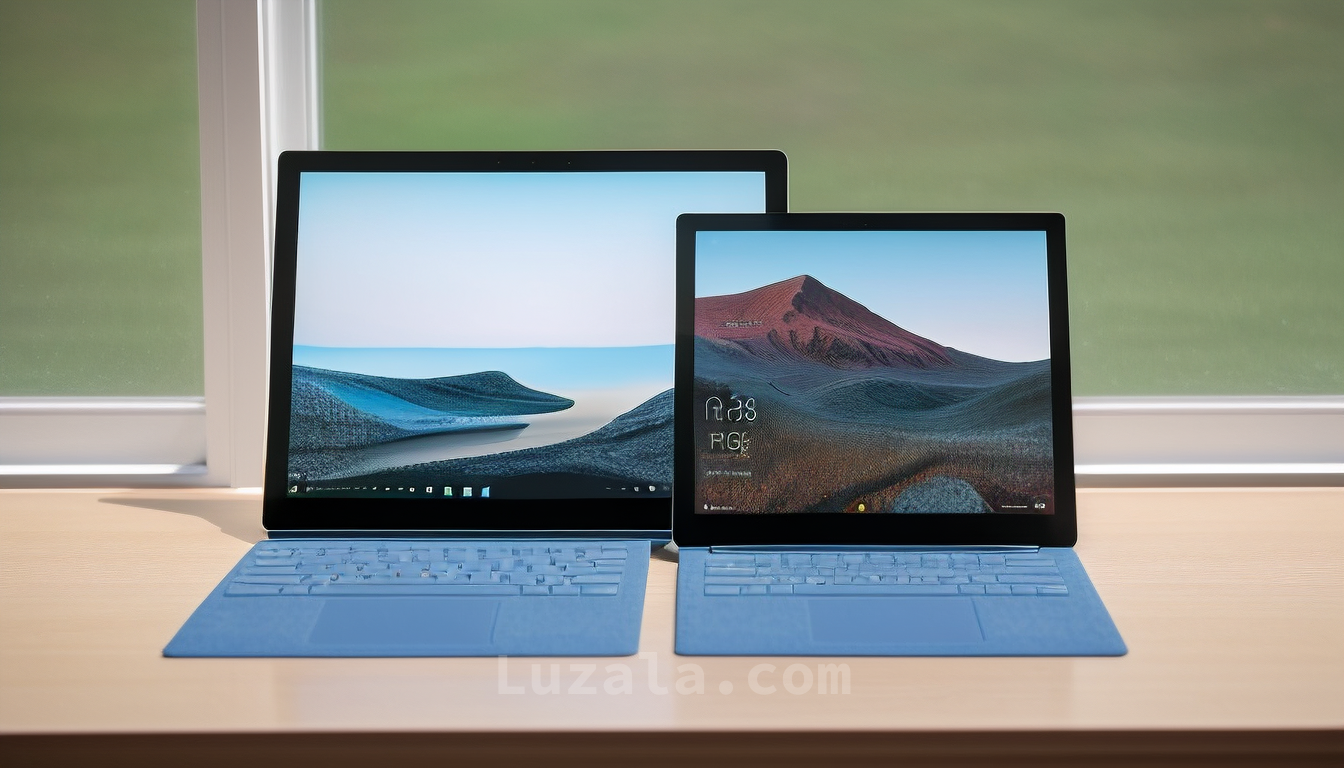

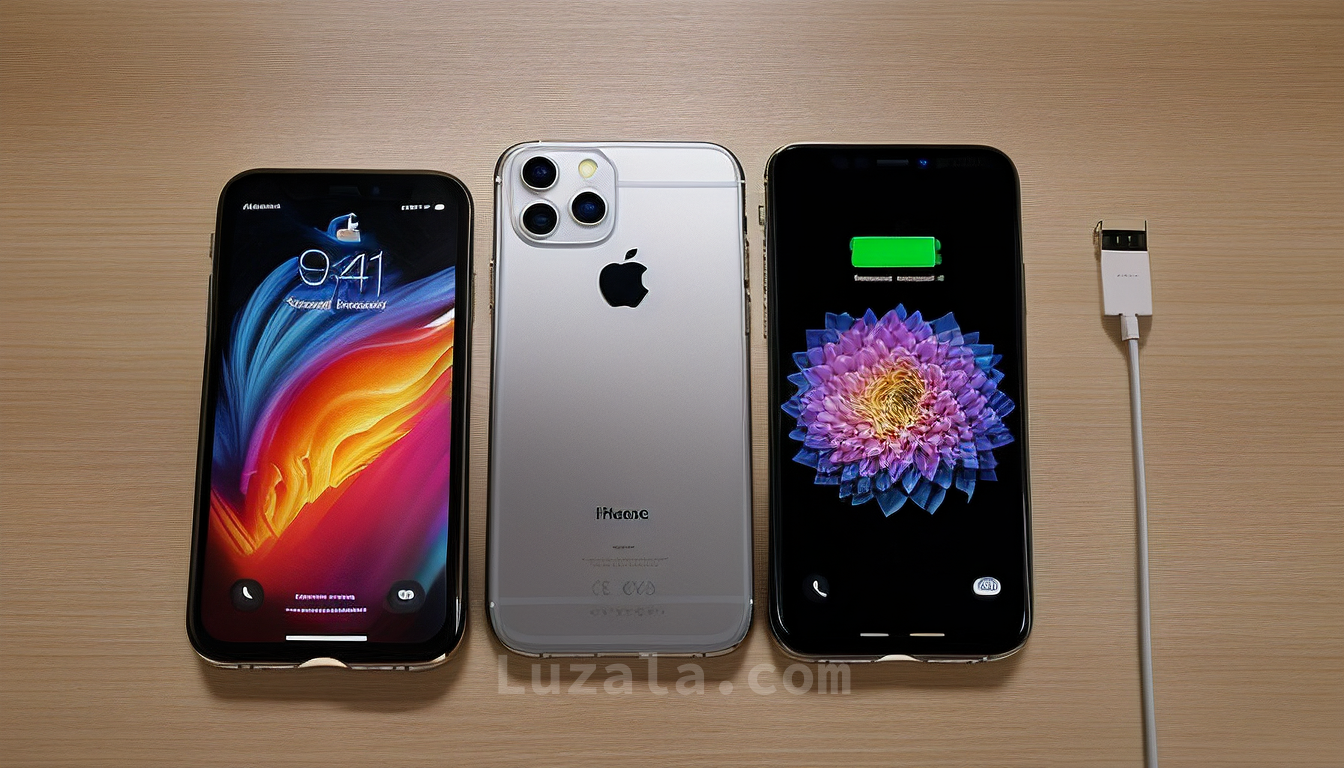

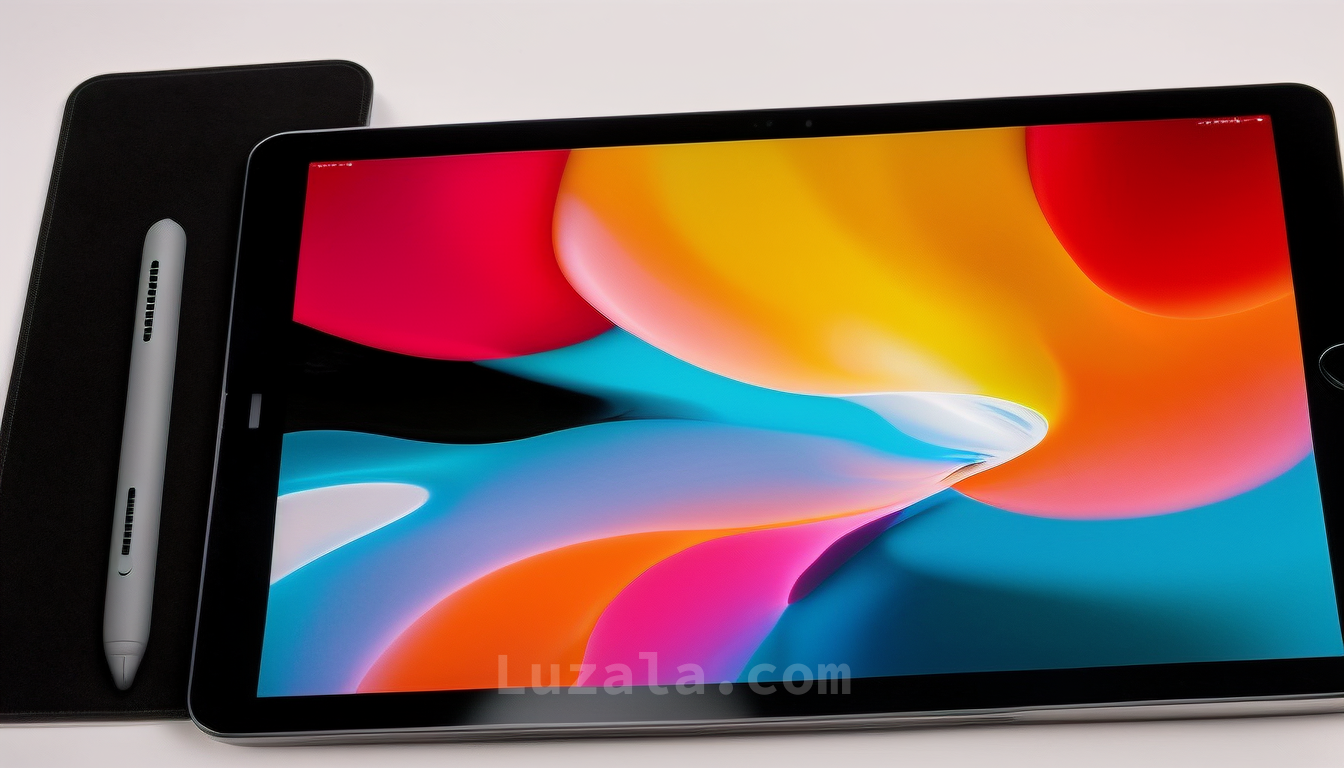
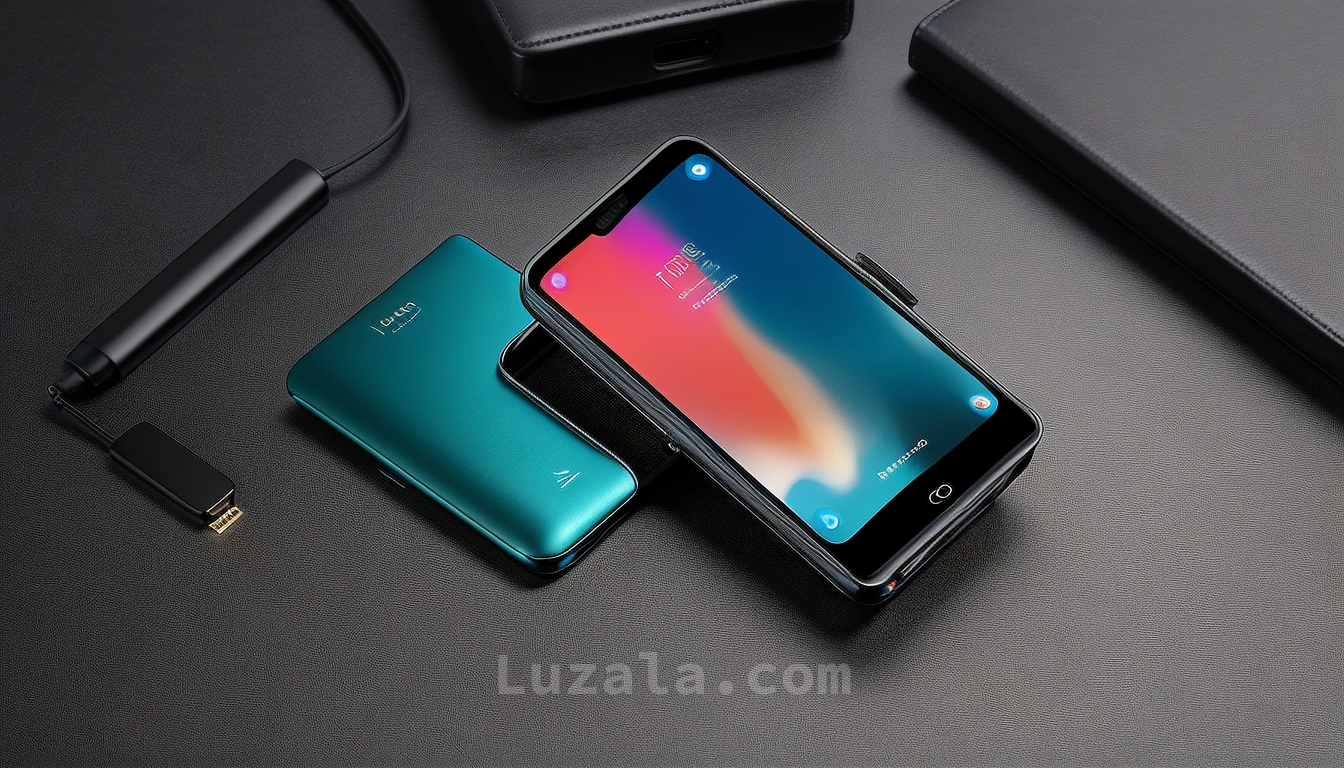





Comments